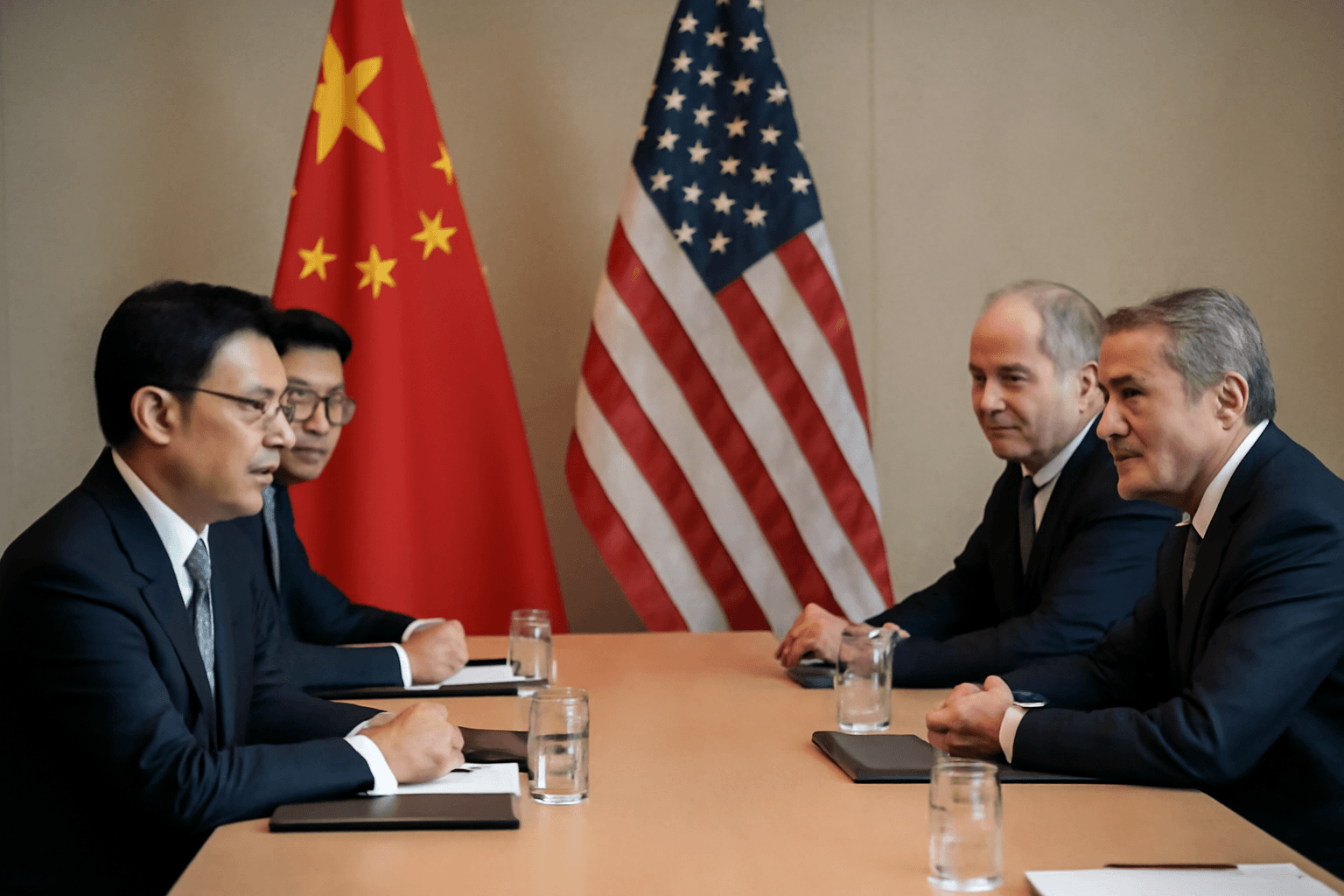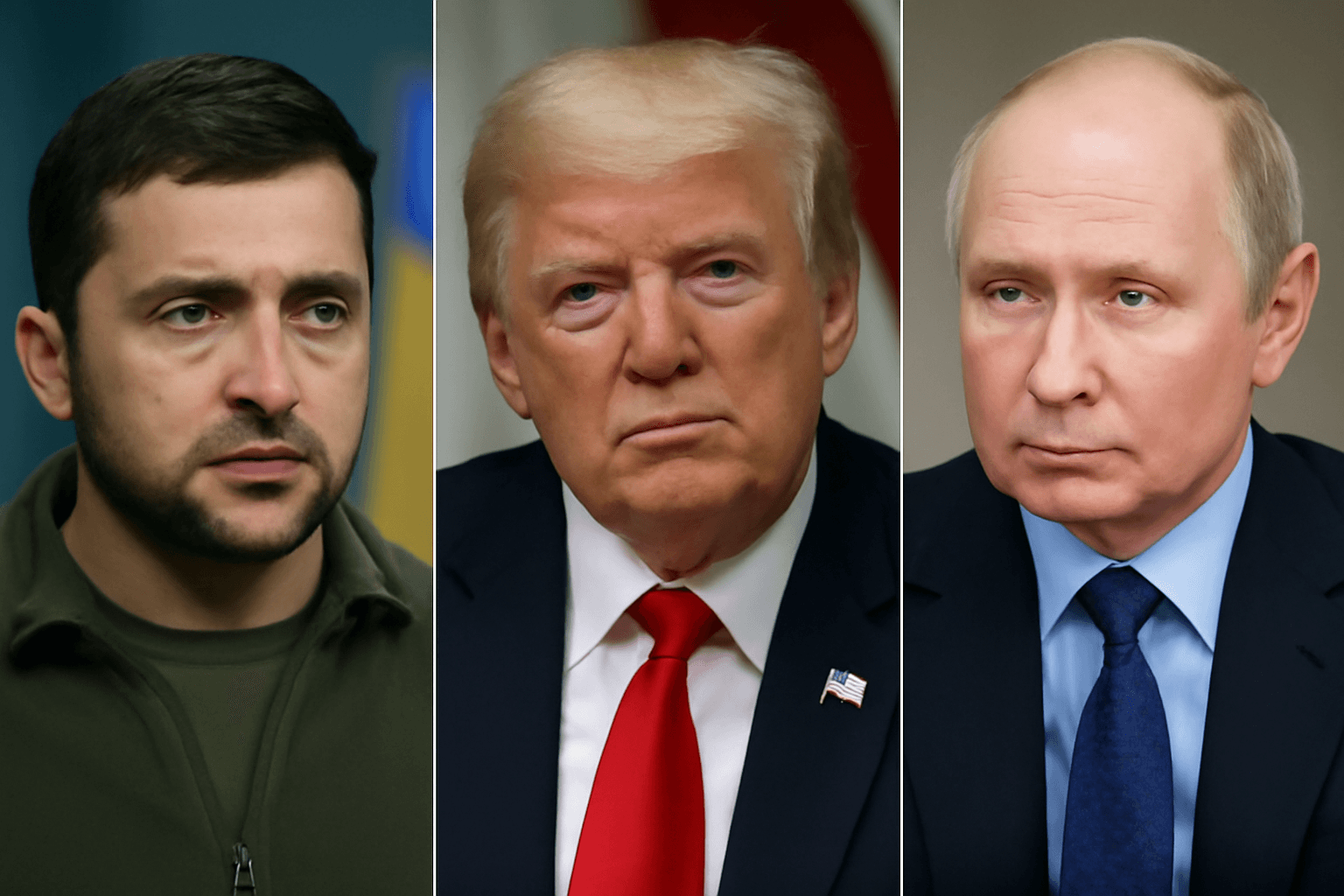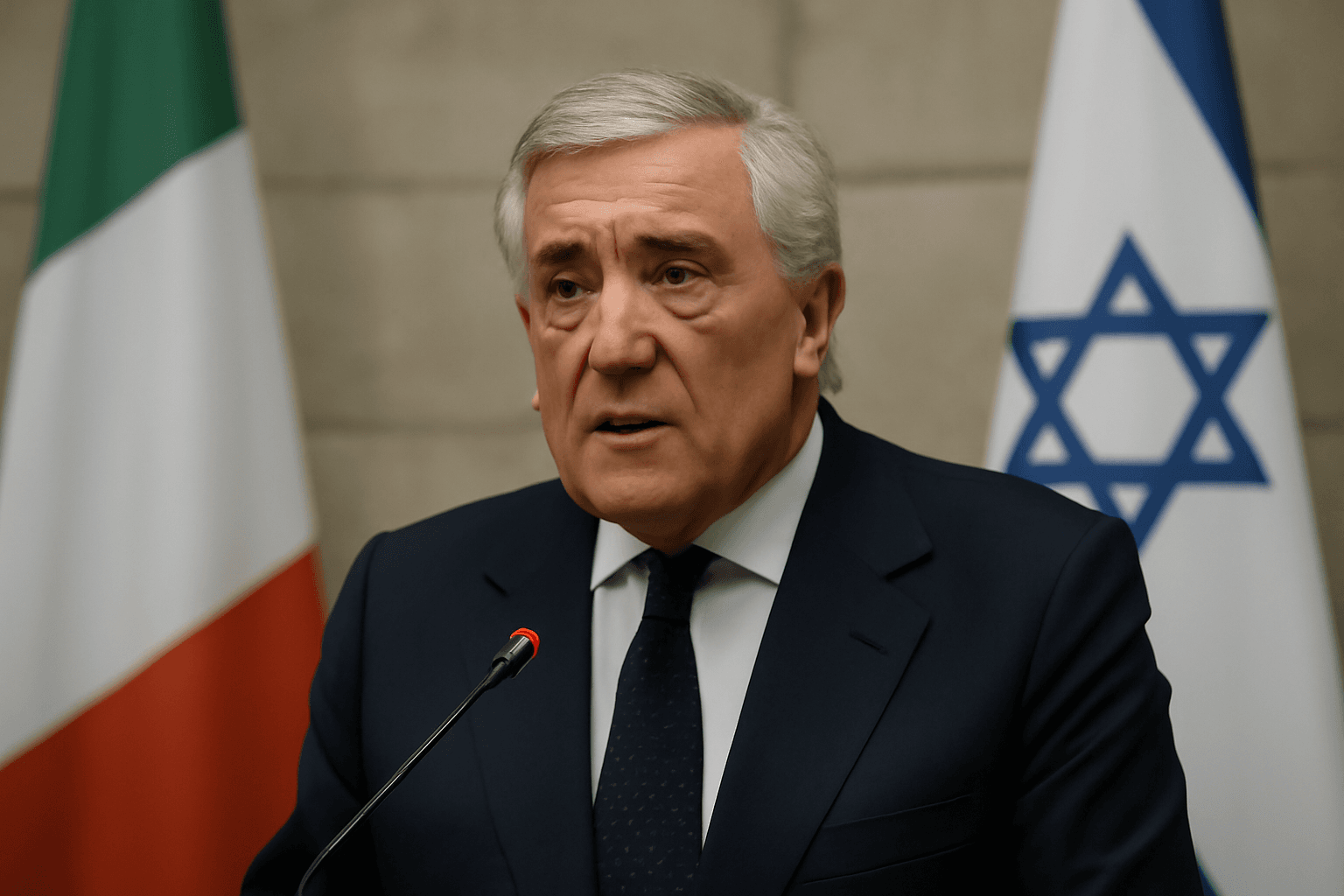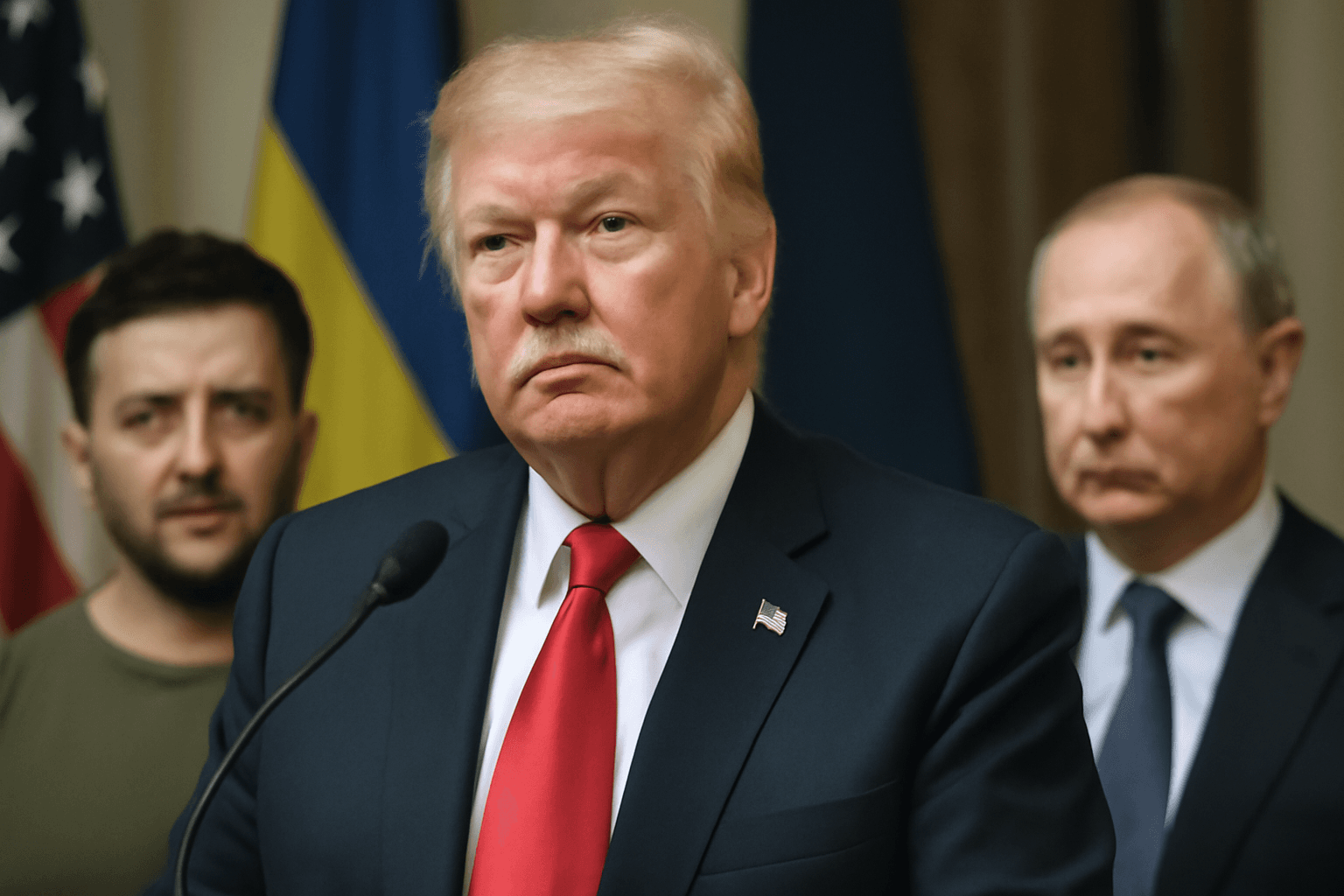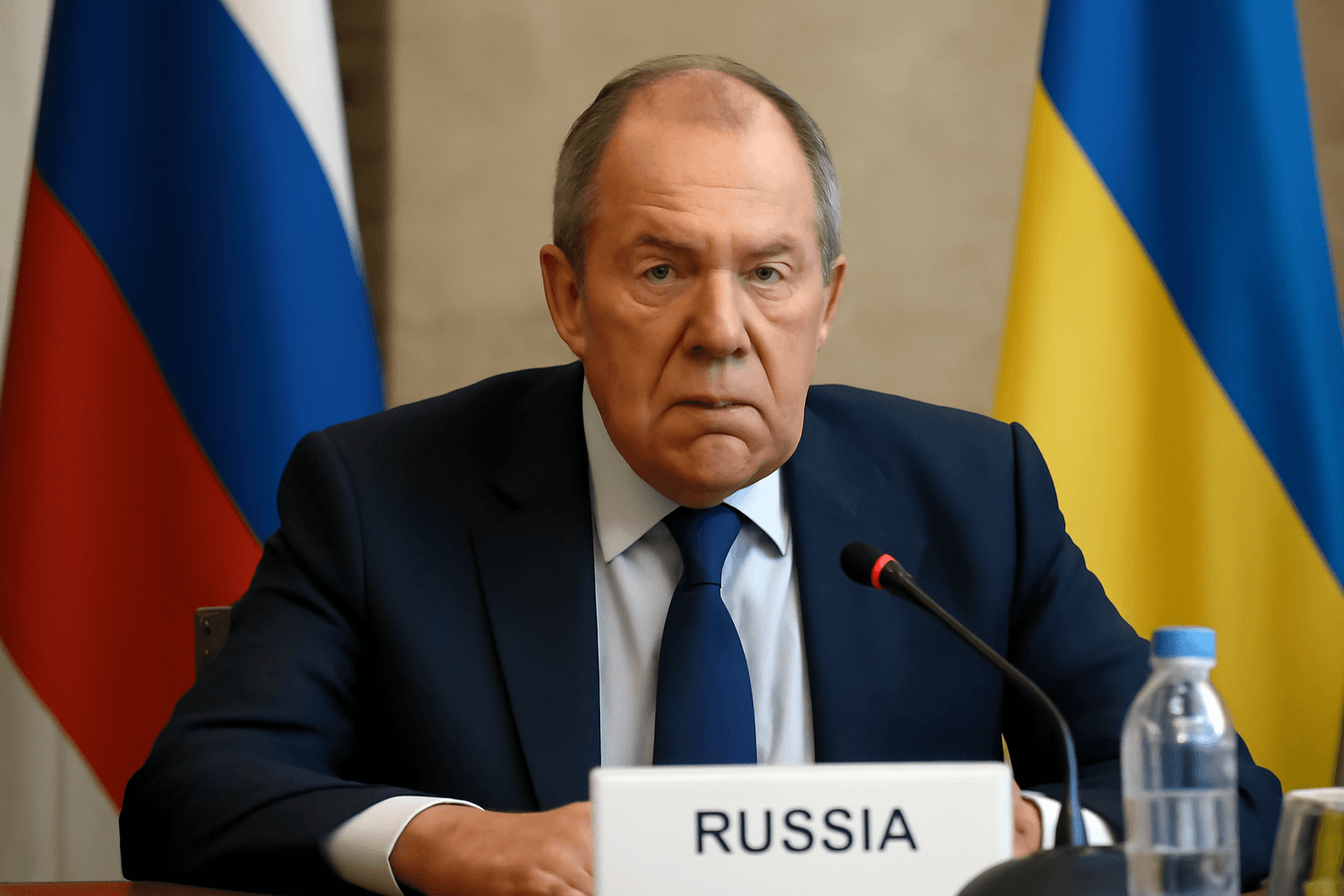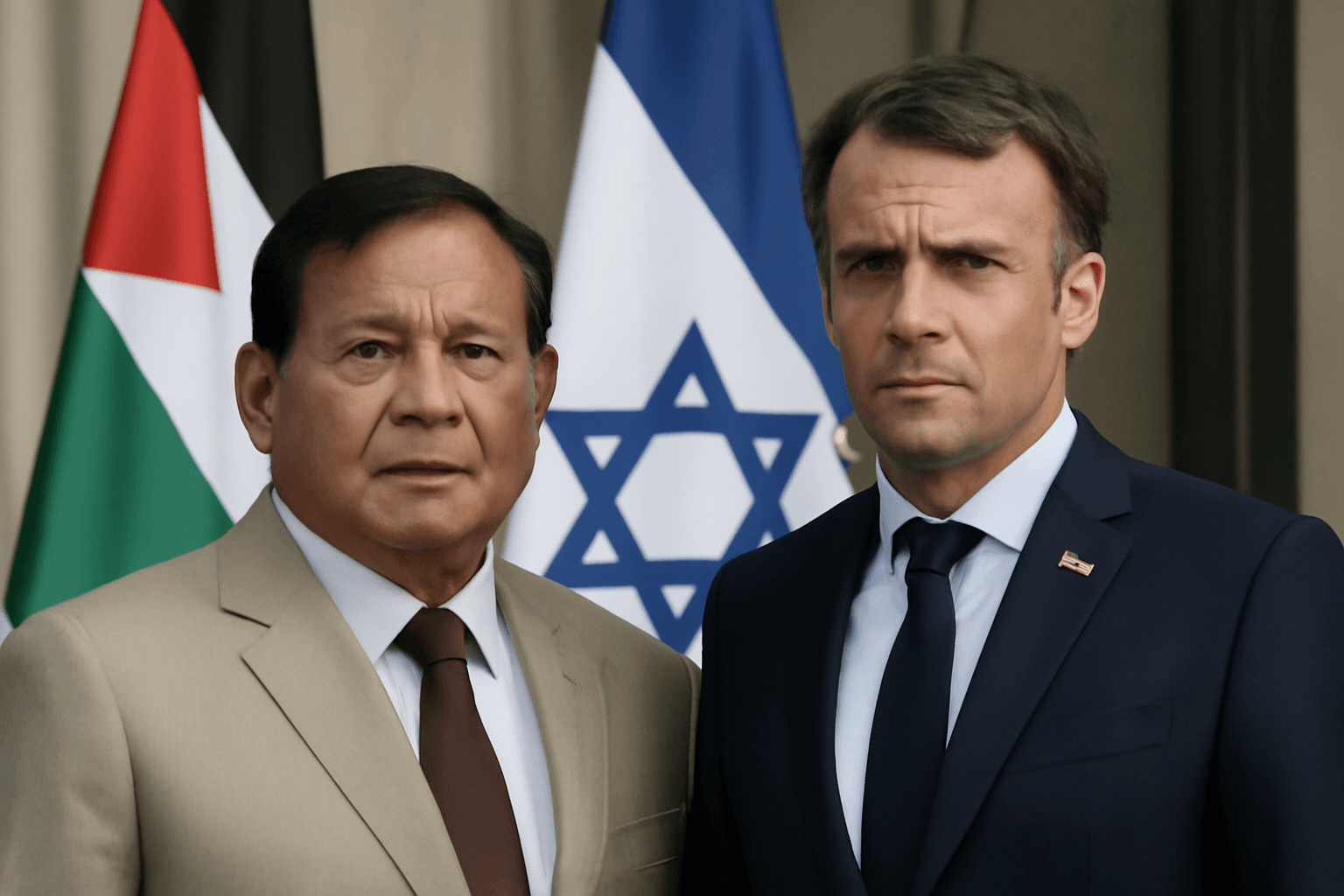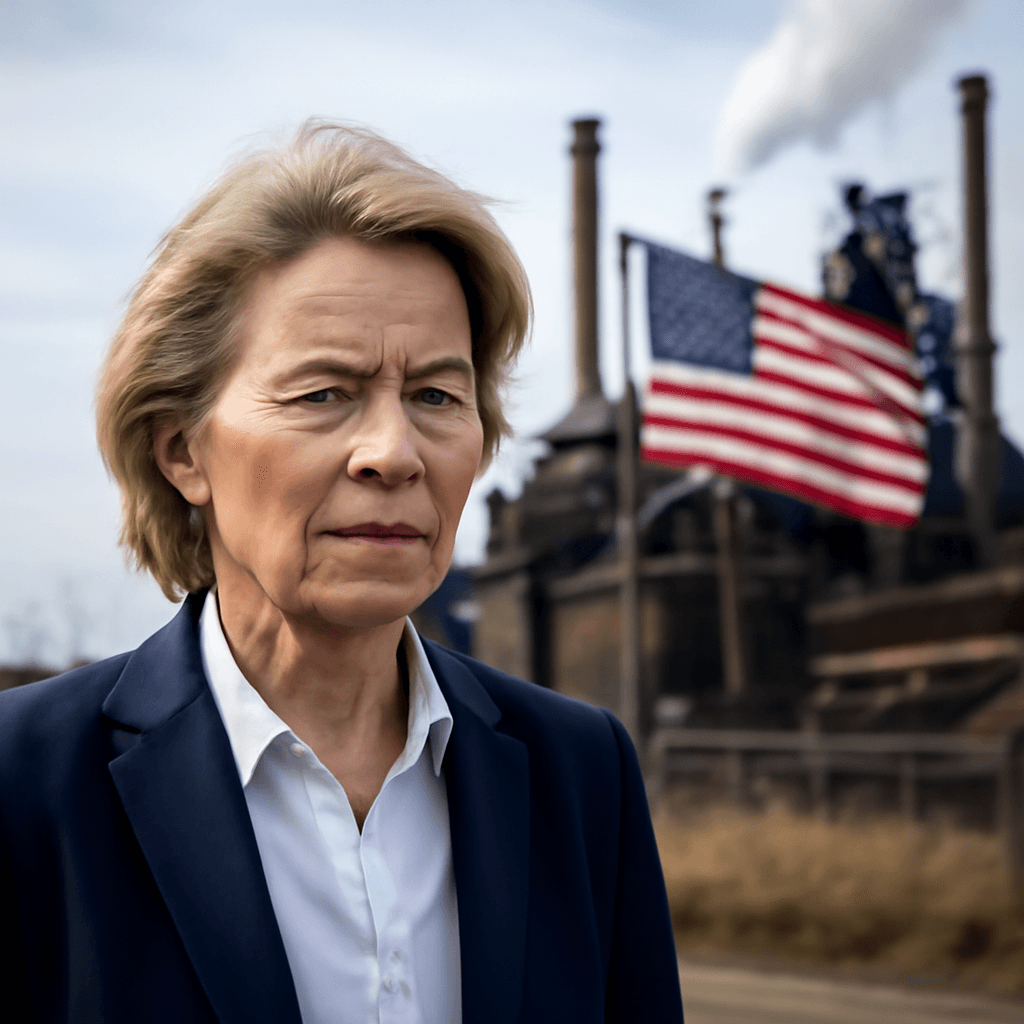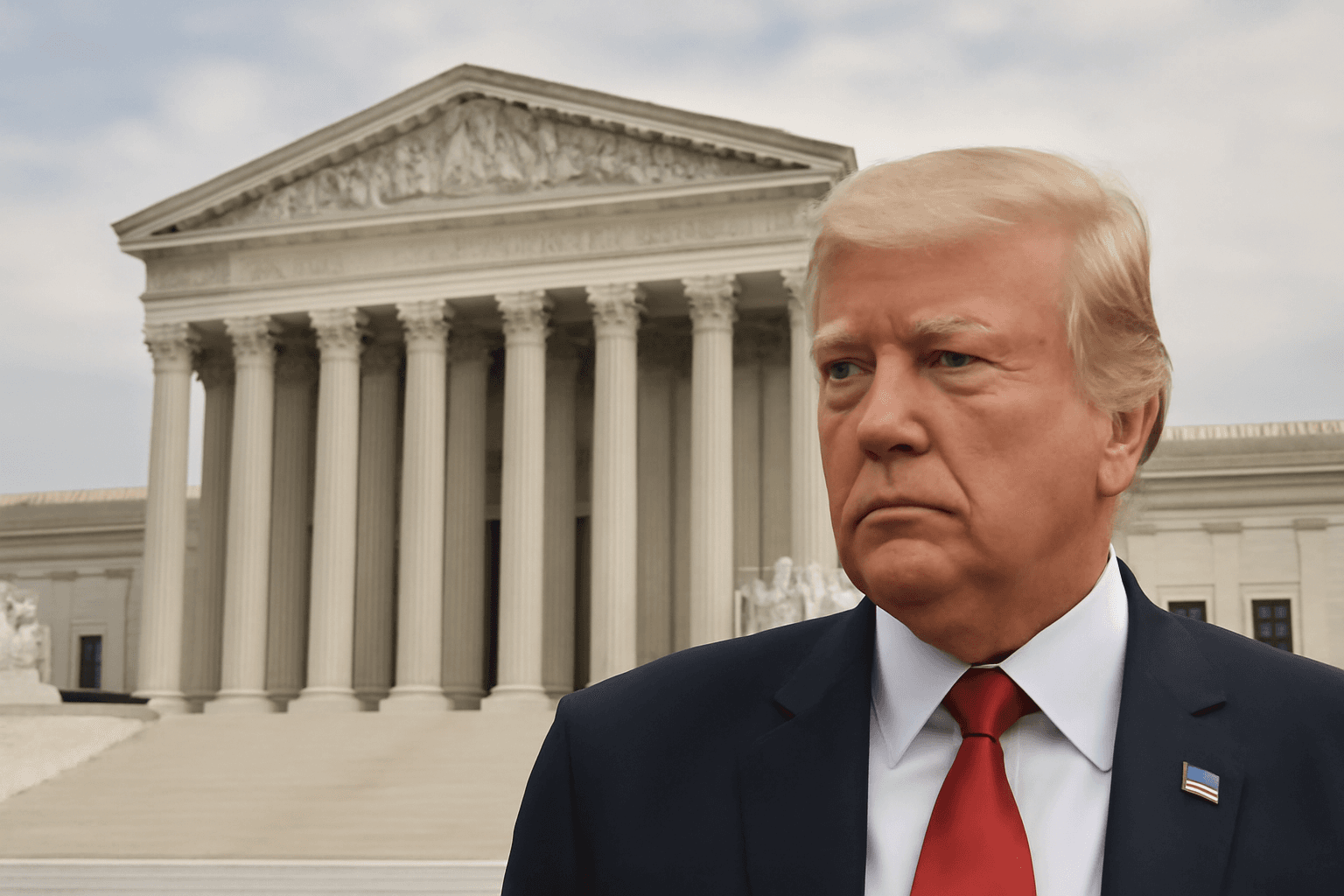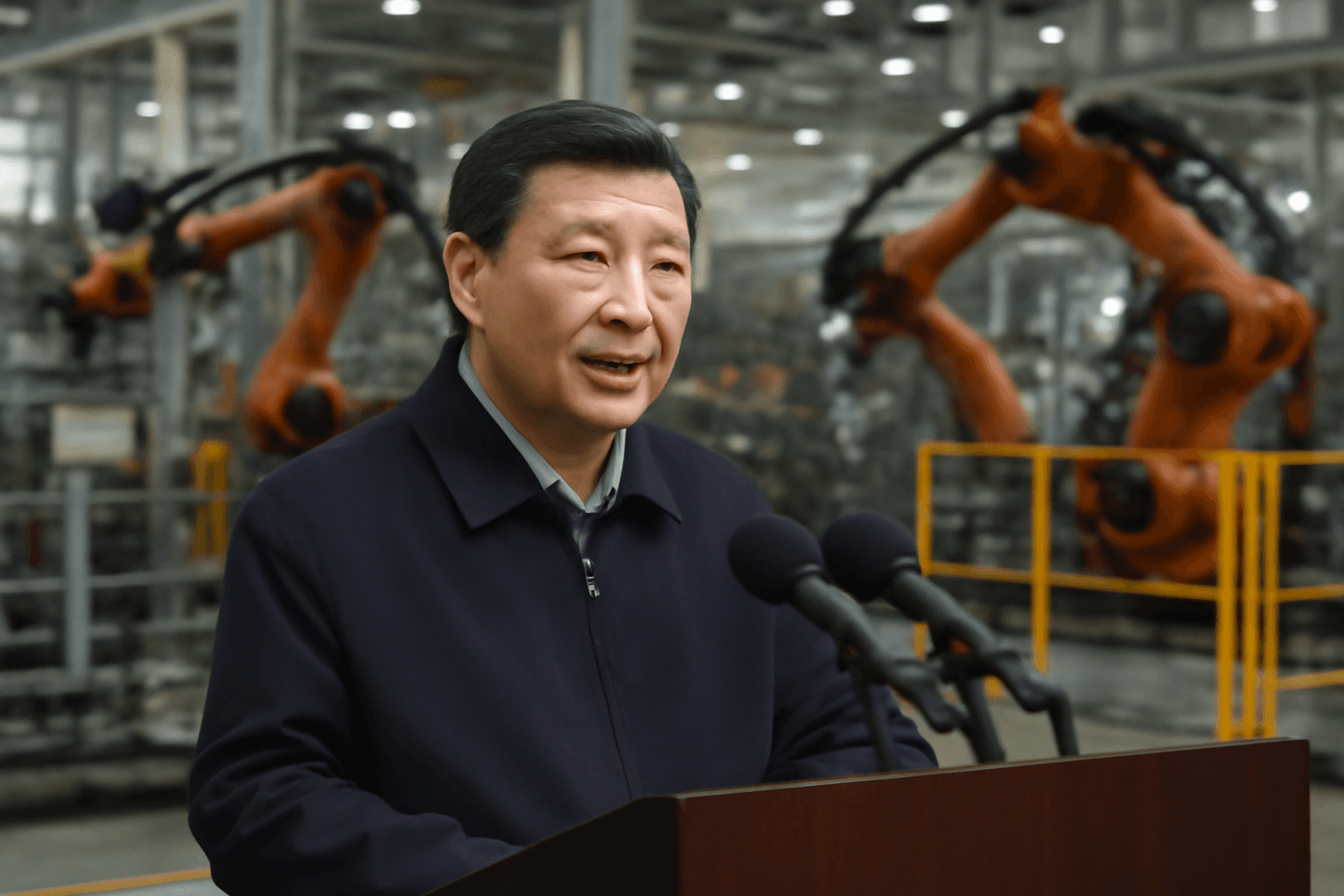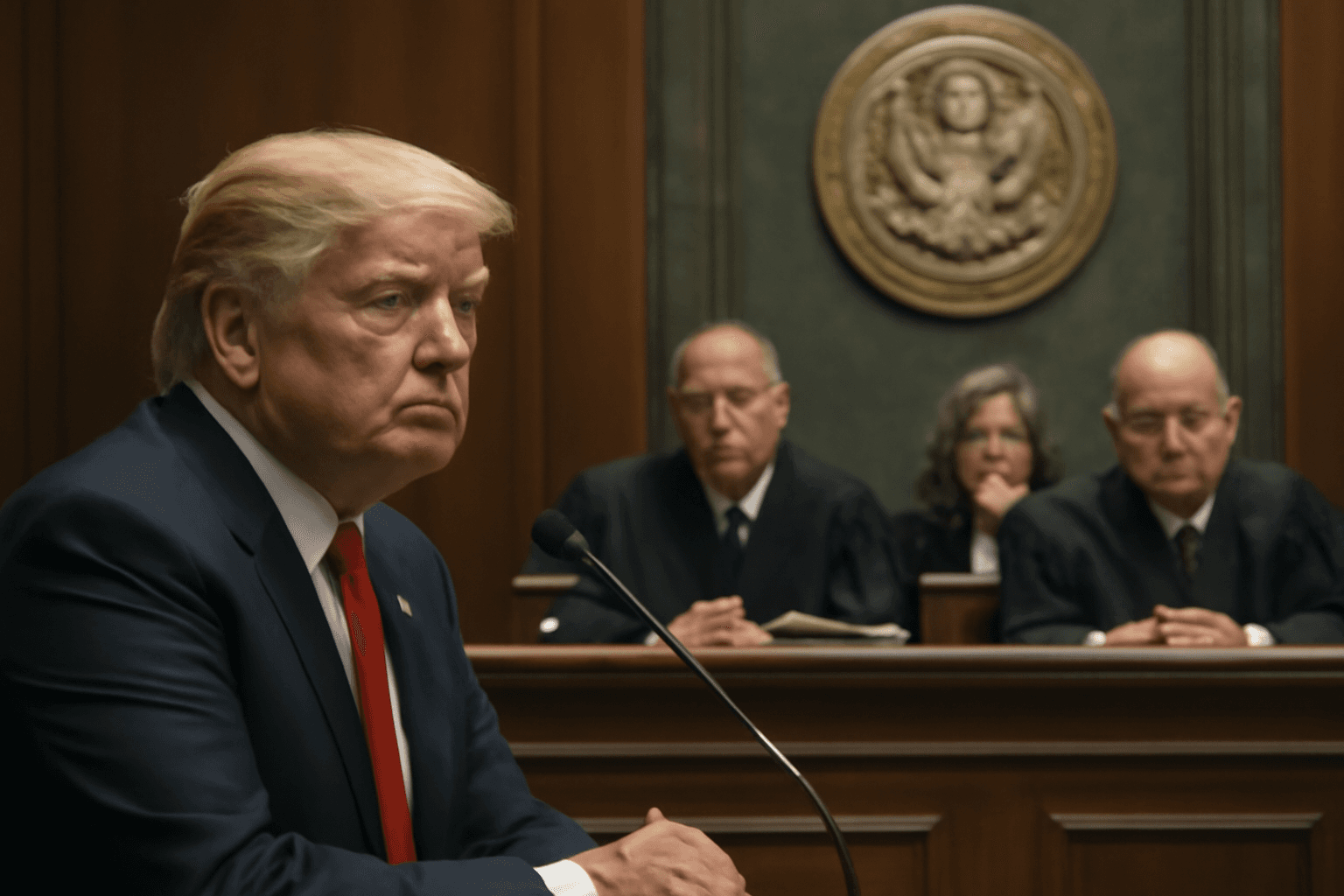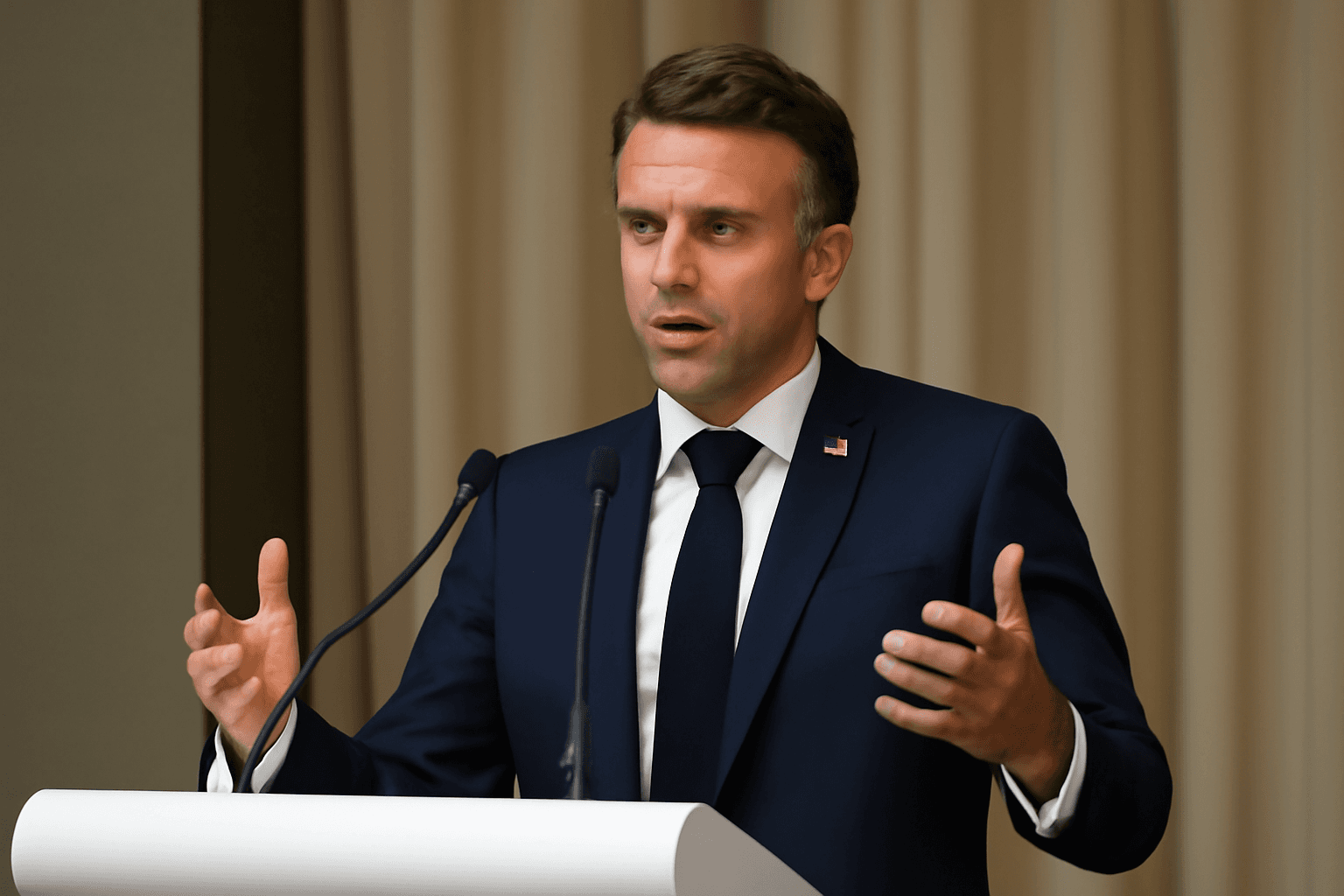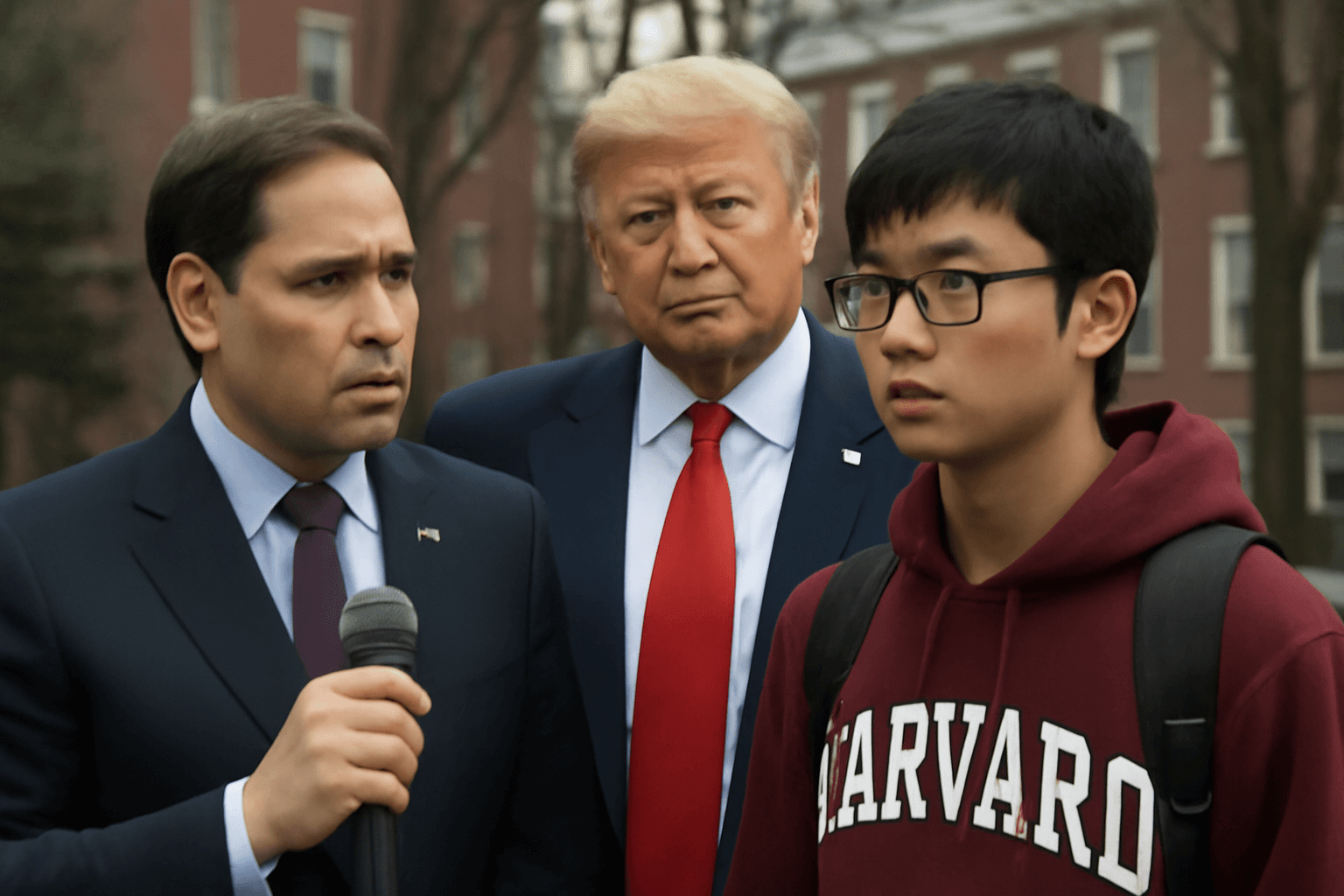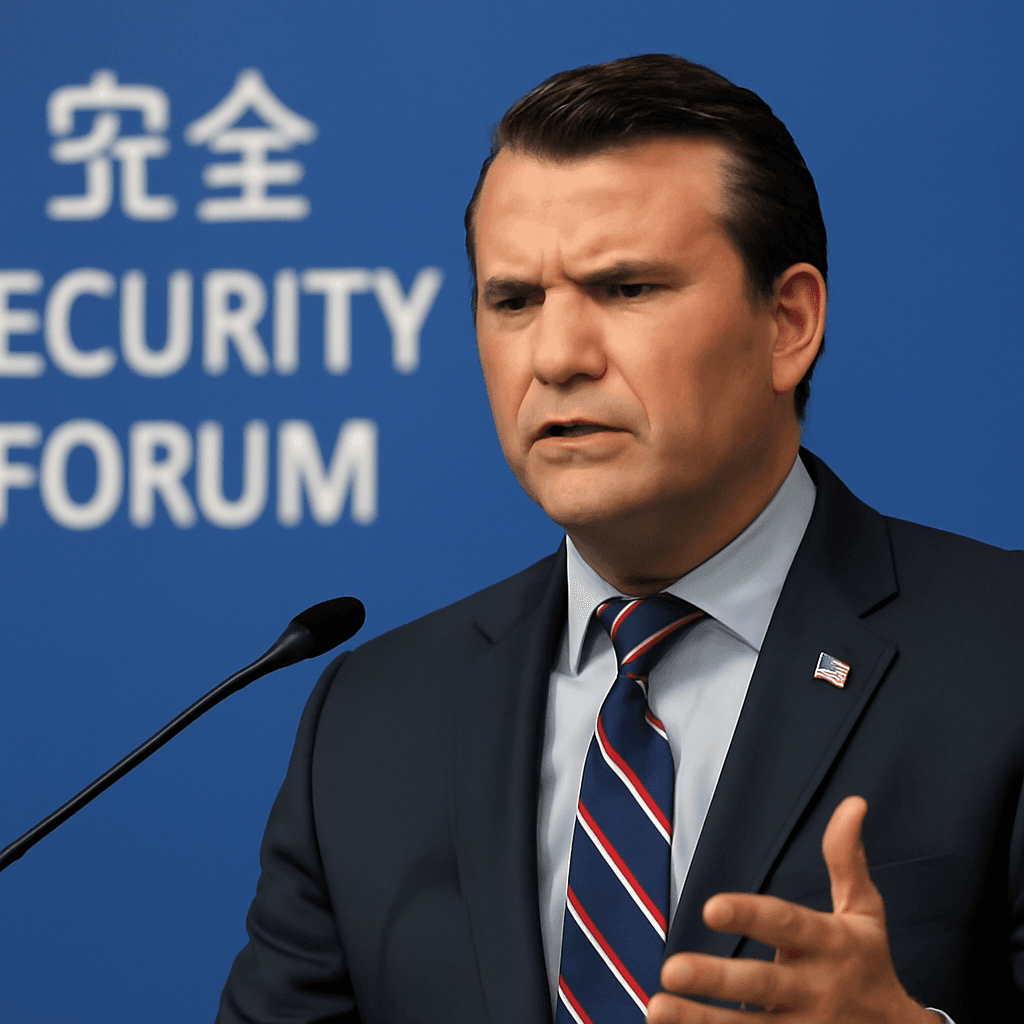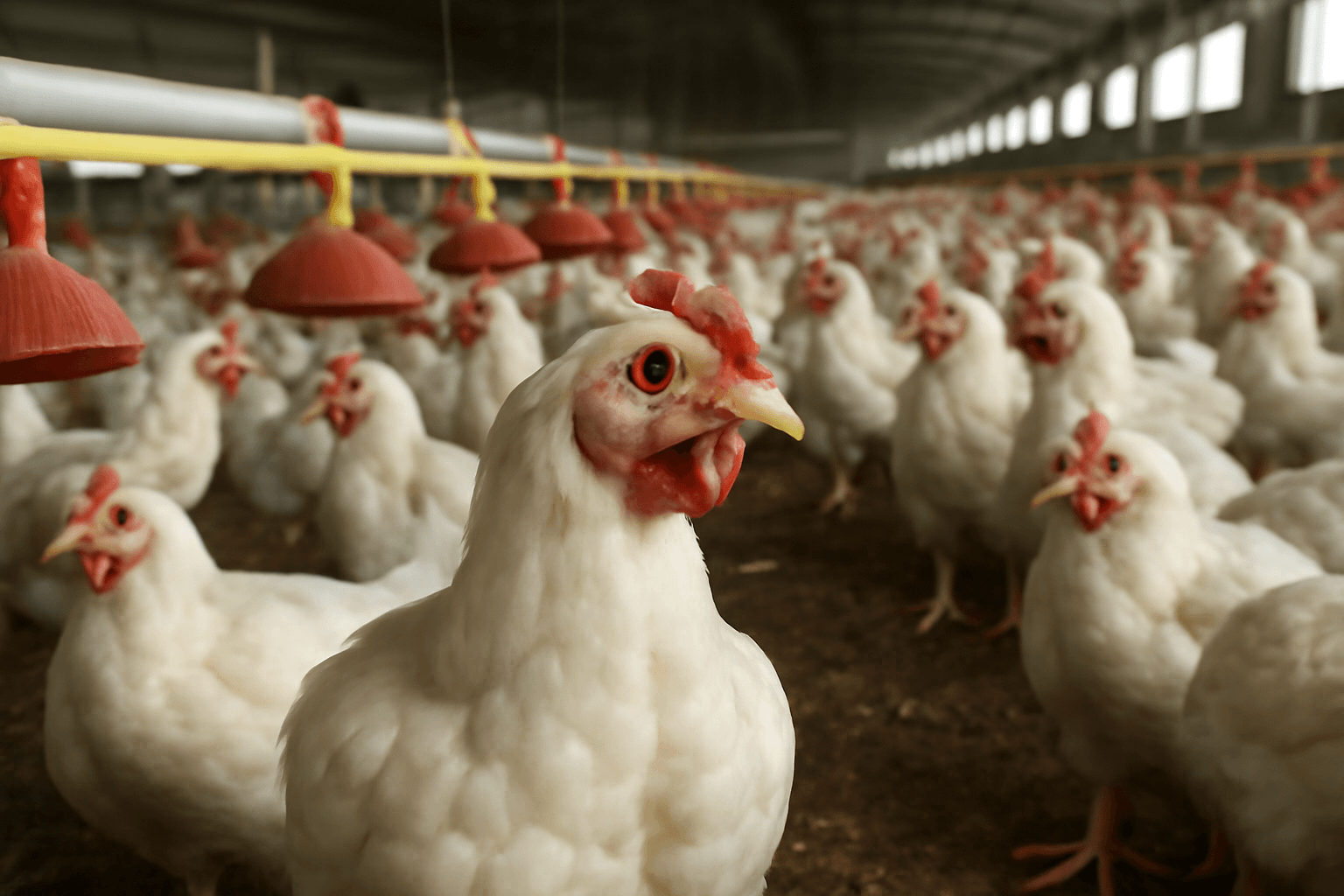On May 30, 2025, China formally called on the United States to lift what it described as "discriminatory restrictions" imposed against Beijing. The Chinese Embassy in Washington emphasized the importance of both nations adhering to the consensus reached during recent high-level trade talks held in Geneva.
The embassy's statement followed accusations from US officials alleging that China had violated the preliminary trade deal established two weeks prior. The deal aimed to ease rising tensions amid an ongoing economic dispute between the world’s two largest economies.
"Since the China-US economic and trade talks in Geneva, both sides have maintained communication over their respective concerns in economic and trade matters at various bilateral and multilateral levels," said Liu Pengyu, spokesperson for the Chinese Embassy.
Meanwhile, US Trade Representative Jamieson Greer expressed concerns over China's compliance, stating, "The United States fulfilled its obligations under the temporary trade agreement, whereas China’s delayed compliance is unacceptable and must be addressed."
The backdrop to these tensions dates to the intensified US-China trade war during the previous US administration. Tariffs on Chinese imports reached peaks of up to 145 percent under the so-called "Liberation Day" trade package. These measures severely affected China’s manufacturing sector, with the Purchasing Managers’ Index dropping to a 16-month low, alongside a significant decline in cargo shipments by as much as 60 percent and a notable slowdown in overall economic growth.
In May 2025, the countries signed a landmark agreement in Geneva where both sides consented to reduce tariffs by 115 percent but retain a 10 percent tariff. China also agreed to remove retaliatory tariffs and cease non-tariff barriers targeting the US. The US administration heralded this deal as a critical achievement aimed at addressing unfair trade practices and narrowing the substantial US trade deficit with China.

